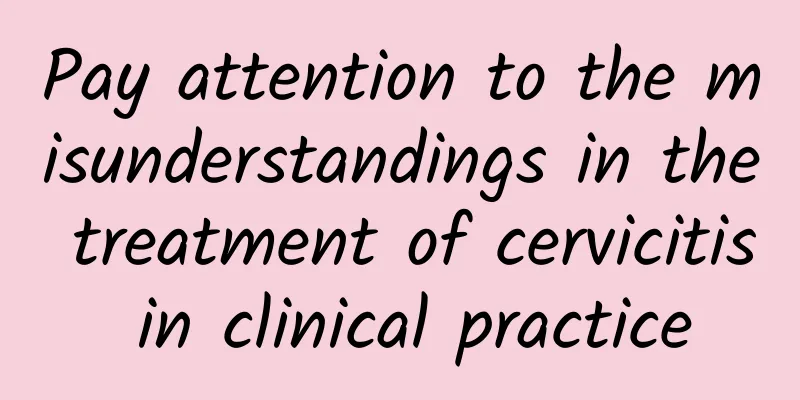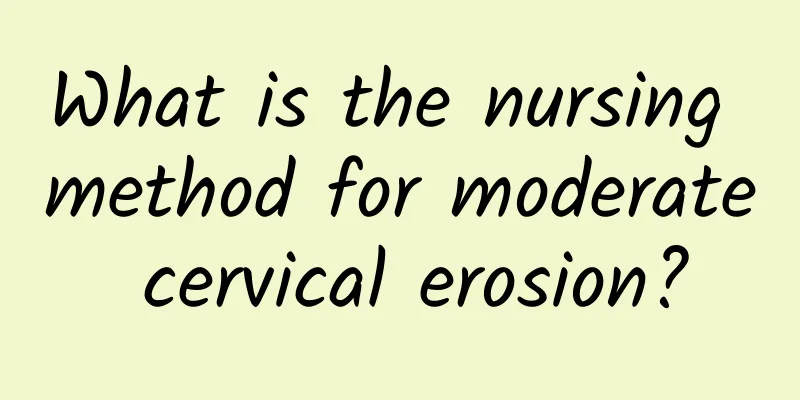Is pregnancy with uterine fibroids life-threatening?

|
Pregnancy with uterine fibroids may lead to certain risks, but not all patients will have serious consequences. The specific situation depends on the location and size of the fibroids and their growth after pregnancy. Common risks include miscarriage, premature birth, fetal growth retardation, etc., but in most cases, a smooth delivery can be achieved with proper management. If necessary, intervention can be combined with medication, surgery and lifestyle adjustments. 1The impact of uterine fibroids on pregnancy The key to the impact of fibroids on pregnancy lies in their specific location and size. If the fibroids are located in the uterine cavity, such as submucosal fibroids, they may interfere with embryo implantation or cause miscarriage. Larger or multiple fibroids may compress the uterine cavity, change the shape of the uterus, and affect fetal development. During pregnancy, due to increased hormone levels, fibroids may grow rapidly, causing insufficient blood supply, thereby increasing the risk of premature birth. 2 Life-threatening and high-risk situations Serious risks mainly manifest in special circumstances, such as placental abruption caused by fibroids, heavy bleeding, fetal distress or uterine rupture during delivery. Although these conditions are rare, once they occur, they may affect the life safety of mother and baby. 3. Diagnosis and treatment recommendations Prenatal check-up: Ultrasound screening is required to evaluate the size and location of fibroids during pregnancy planning or early pregnancy. If the fibroids are prone to complications, a specific treatment plan should be agreed upon with the doctor. Drug intervention: For patients with fibroids before pregnancy planning, doctors can prescribe drugs, such as gonadotropin-releasing hormone agonist GnRH-a, to reduce the size of fibroids. Use of drugs during pregnancy should be done with caution and is generally not recommended. Surgical options: For larger or symptomatic fibroids, surgical resection before pregnancy can be considered. Minimally invasive techniques such as laparoscopy or hysteroscopy are more suitable for patients who are planning to have children. If the symptoms of fibroids are severe after pregnancy, emergency surgery will only be considered if medically necessary. 4. Lifestyle Adjustments Avoid excessive fatigue and psychological stress. Bad living habits such as staying up late or irregular diet may further worsen the condition. It is recommended to consume foods rich in folic acid and vitamin E to help fetal development, such as dark green leafy vegetables, nuts, etc. Although pregnancy with uterine fibroids has certain risks, most patients can safely conceive and give birth through scientific evaluation and close management. If you suspect that you may have fibroids, you should seek medical attention as soon as possible and actively cooperate with the doctor for pre-pregnancy or pregnancy management to minimize the risks and ensure the safety of both mother and baby. |
<<: How many days can you recover to normal after cervical pregnancy surgery?
>>: What to do if the pain of Bartholin's glands gets worse
Recommend
What are the 4 symptoms of female ovarian cysts?
What are the symptoms of female ovarian cysts? 4 ...
Is there a high chance that endometrial thickening will heal on its own?
I believe everyone knows the importance of the ut...
What are the dangers of abortion to women? See what doctors say
In fact, abortion should be a very minor operatio...
Attention to weight loss! Lack of these vitamins will make you lose weight
In order to lose weight, are you willing to endur...
Introduction to menopausal hospitals with good reputation
There are many hospitals that perform menopause s...
Does ovarian cysts have a big impact on pregnant women?
Many patients do not know the condition of ovaria...
Can borneol treat cervical erosion?
Can borneol treat cervical erosion? Experts sugge...
What should you pay attention to if you have cervical erosion? These are things that patients with cervical erosion must know
Generally, mild and moderate erosion can be cured...
What to eat and what to pay attention to when having cervicitis
Patients with cervicitis need to pay attention to...
Remember these two tricks to slim down your belly: waist and abdomen rotation is very effective! Yoga teacher Tang Youxin: Don’t make these NG moves
Office workers who sit for long periods of time n...
What are the dietary precautions for functional uterine bleeding?
What are the dietary points for functional uterin...
What happens if endometriosis is delayed for a long time?
Endometriosis, as a common gynecological disease,...
Drug treatment of endometrial tuberculosis
Endometrial tuberculosis often follows pulmonary ...
Will drinking water make you fat? Doctor: 4 tips to lose weight by drinking water and avoid gaining weight again
Are you hitting a wall when losing weight, and do...
70% good for stomach! Snacks and drinks suitable for those with a bad stomach
Many people suffer from indigestion, acid reflux,...









